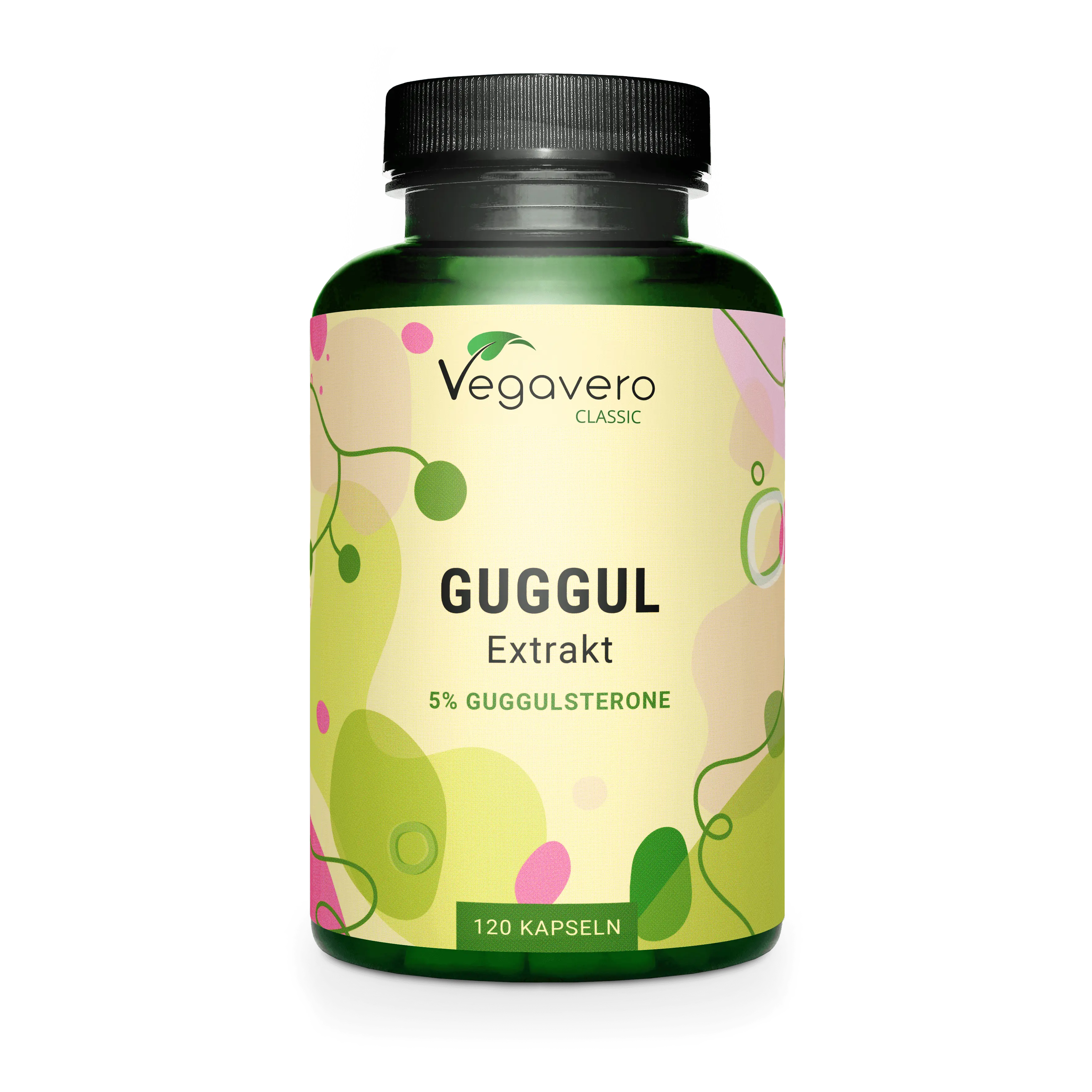Quercetin belongs to the group of polyphenol flavonoids - these are secondary plant substances that are responsible for different color formations in plants. People who are active in sports and those who are plagued by allergies can especially benefit from quercetin.
Antioxidant and anti-inflammatory - the ideal dietary supplement for athletically active people
When it comes to its use in the field as a dietary supplement, quercetin has been gaining prominence in research for years. It is used for various groups of people due to its antioxidant and anti-inflammatory properties. Athletes in particular benefit from it. For example, several placebo-controlled human studies have found that quercetin can delay fatigue during endurance sports, and a combination of quercetin and vitamin C can lead to a reduction in sports-related muscle damage. Also, large amounts of free radicals released by physically intense exercise can be rendered harmless in a short time by quercetin. In one study, quercetin was shown to have a positive effect on untrained male subjects - in this case, the maximum aerobic capacity increased, and at the same time fatigue was delayed during an endurance session. [1] The results of another study suggest that quercetin may protect against upper respiratory tract infections as well as influenza infection after intense exercise [3]. An increase in mitochondrial DNA (mtDNA) - the DNA inside our cellular power plants, the mitochondria - suggests an improvement in energy metabolism, according to some studies [1].
Quercetin against allergies - new hope for hay fever and co.
Quercetin has anti-allergic functions known to inhibit histamine production [5] and inflammatory mediators. By releasing B cells, which belong to the white blood cells and are responsible for the immune system, antigen-specific antibodies can be reduced. These are responsible for the body's unpleasant reactions to substances that are actually harmless, such as pollen. Current therapies against allergies use substances that frequently cause side effects and are therefore rather limited in their suitability for long-term use. Quercetin could therefore be an alternative for people who only have mild allergic symptoms or who want to use a natural anti-allergic without hormones in the long term.
Combination with antioxidants - a sensible must-do
As a result of its antioxidant activity, quercetin is oxidized in the body itself to a reactive compound. This is toxic to the human body unless it is regenerated. When combined with other antioxidants, such as vitamin C, the oxidized form can be converted back to the original quercetin molecule, which also has higher bioavailability [2], [4]. Dietary supplementation with quercetin alone has little effect on the antioxidant status of the human body, so combination with vitamin C or other antioxidant substances should definitely be considered [2].
Well dosed, well combined!
Quercetin is found in many fruits, although the content can vary greatly depending on the method of preparation. Heat-treated or peeled fruits contain significantly less quercetin than fresh fruits and vegetables. A safe intake can be achieved through standardized extracts. Our Quercetin Complex contains a standardized extract from the fruit of the Japanese cord tree as well as vitamin C from acerola fruit extract to ensure the desired bioavailability of quercetin. In addition, vitamin C contributes to normal immune system function and protects the body from free radicals. In addition to quercetin, elderberry extract is another source of polyphenols. Elderberries are said to have antioxidant and anti-inflammatory properties. The complex is rounded off by bromelain from pineapple. Human studies have shown a positive effect of bromelain on the paranasal sinuses, which are often swollen in allergies and can make breathing difficult [6].


Veins – the pipelines of life
Breastfeeding Good for Mother and Child